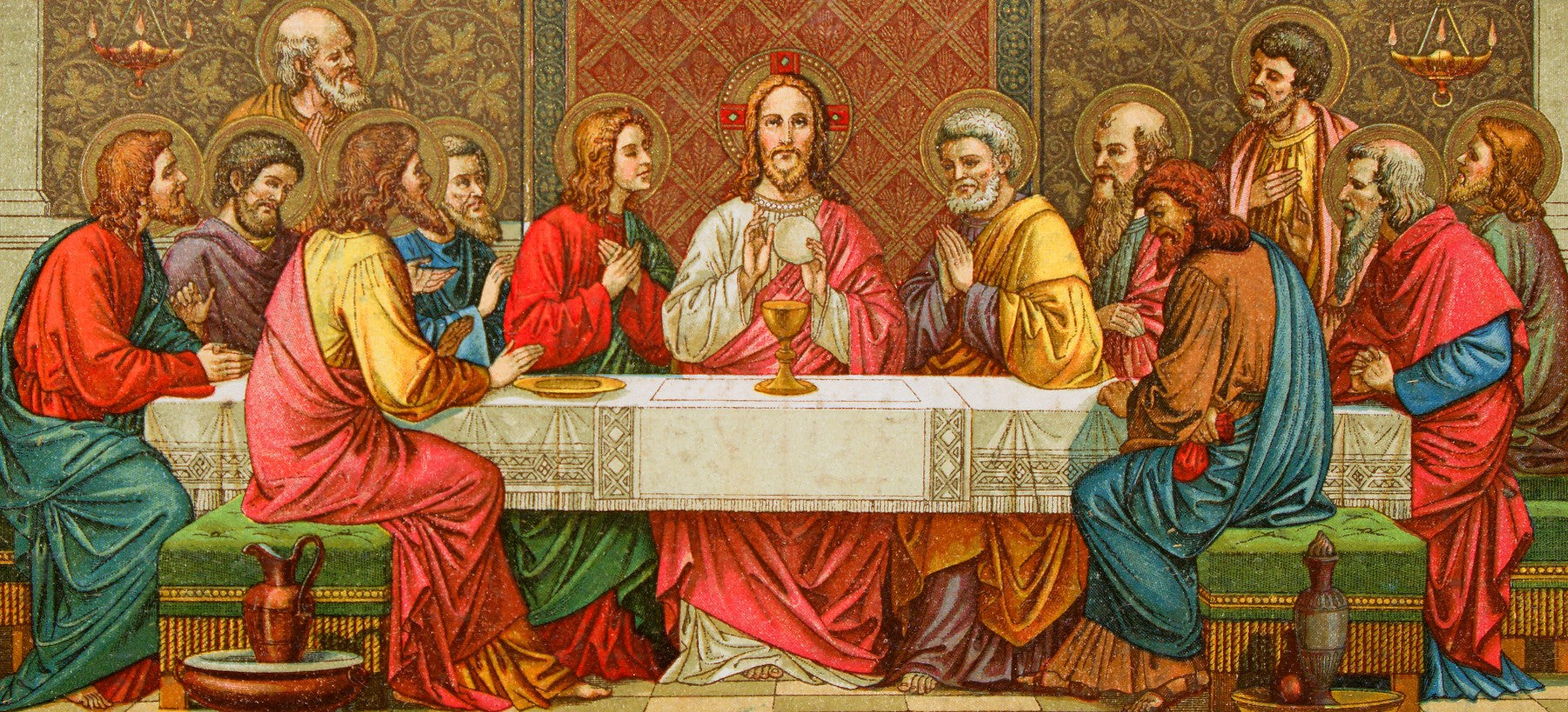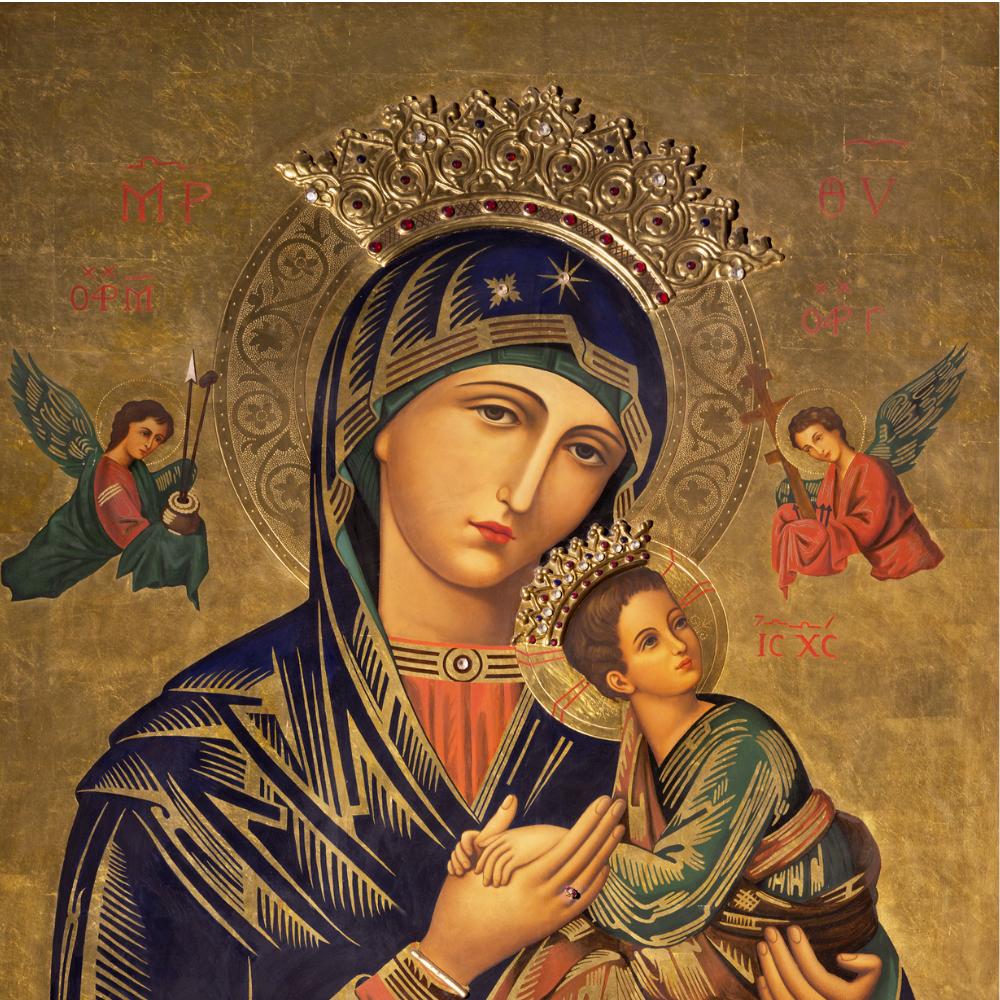Pro-Life Movements in India: A Deep Dive into Advocacy, Ethics, and Church's Role
The pro-life movement in India, though not as pronounced as in some Western nations, is steadily gaining momentum. Rooted in deep cultural, ethical, and religious values, the movement focuses on advocating for the sanctity of life from conception to natural death. Various organizations, religious institutions, and individuals have taken a stand against practices like abortion and euthanasia while promoting alternative solutions like adoption, counseling, and life-affirming support systems. Among these, the Church has played a pivotal role in shaping perspectives and offering tangible resources to those in need.
The Church’s Stance on Life Issues
The Catholic Church and several other Christian denominations have been vocal advocates for pro-life causes in India. Their stance is deeply rooted in theological and moral teachings that emphasize the sanctity and dignity of human life at all stages. Below is an exploration of the Church’s position on major life issues in India.
Abortion
The Catholic Church unequivocally opposes abortion, considering it a grave moral evil. The Catechism of the Catholic Church states that “human life must be respected and protected absolutely from the moment of conception.” This belief is in direct contrast to India's legal framework, where abortion has been legal since the Medical Termination of Pregnancy (MTP) Act of 1971.
Despite legal provisions that allow abortion under specific conditions, the Church emphasizes that life begins at conception and must be nurtured. Church-affiliated organizations, including Christian medical associations and pro-life advocacy groups, actively counsel women against abortion and provide them with alternatives such as adoption and financial aid to support childbirth and child-rearing.
Euthanasia
Another significant issue in the pro-life discourse is euthanasia. In 2018, India’s Supreme Court legalized passive euthanasia under strict guidelines, allowing individuals to opt for the withdrawal of life support in cases of terminal illness. While this was seen as a progressive step by some, the Church strongly opposes any form of euthanasia, arguing that human suffering has a redemptive purpose and that ending life prematurely is against the divine will.
The Church promotes palliative care and hospice services as compassionate alternatives to euthanasia. Many Christian hospitals and NGOs in India run facilities dedicated to end-of-life care, ensuring that patients experience dignity, love, and holistic care in their final days.
Suicide and Mental Health
The Church also addresses the growing crisis of suicide in India, emphasizing that human life is sacred and should be preserved. While traditional views on suicide were condemnatory, modern theological perspectives lean towards compassion and mental health support. Christian institutions have established counseling centers, hotlines, and community support groups to help those struggling with suicidal thoughts.
Pro-Life Counseling Centers in India
A crucial aspect of the pro-life movement in India is the establishment of counseling centers that offer emotional, psychological, and financial assistance to individuals facing crisis pregnancies or end-of-life decisions. These centers serve as safe havens for women considering abortion and individuals grappling with euthanasia-related dilemmas.
Pregnancy Support Centers
Organizations such as Pregnancy Help India , Pro-Life India , and Mother’s Nest provide pregnancy counseling and tangible support to women considering abortion. Services include:
Free pregnancy tests and medical checkups
Emotional and psychological counseling
Financial aid and shelter for unwed mothers
Assistance in continuing education or employment during pregnancy
Adoption referrals for those unable to care for their child
The Church-run pregnancy resource centers emphasize love and acceptance rather than judgment, ensuring that women feel empowered to choose life over abortion.
End-of-Life Counseling
With euthanasia becoming a debated topic in India, end-of-life counseling centers have emerged to provide alternatives. Christian hospitals such as St. John’s Medical College Hospital (Bangalore) and Holy Family Hospital (Mumbai) offer palliative care services that cater to terminally ill patients. These facilities provide pain management, spiritual support, and psychological counseling, allowing individuals to pass away with dignity without resorting to euthanasia.
Suicide Prevention Initiatives
Church-affiliated mental health programs work towards preventing suicide by offering therapy and faith-based counseling. Christian institutions such as Snehi and Vandrevala Foundation operate suicide helplines, ensuring that people struggling with mental health issues find hope and guidance.
Adoption Support in India
Adoption serves as a crucial alternative to abortion, aligning with the pro-life movement’s mission of upholding the sanctity of life. While India’s adoption process can be bureaucratic, the Church and pro-life organizations work to streamline the process and provide a nurturing environment for orphaned or abandoned children.
Christian Adoption Agencies
Several Church-run institutions facilitate adoptions, including:
Missionaries of Charity (founded by Mother Teresa) – Known for housing abandoned children and facilitating adoptions.
St. Catherine’s Home (Mumbai) – A shelter for orphans, supporting adoption procedures.
Holy Cross Adoption Center (Kolkata) – Works closely with families to match children with adoptive parents.
These agencies not only help orphans find homes but also provide extensive counseling to birth mothers who choose adoption over abortion.
Promoting a Culture of Adoption
Despite the growing need, adoption in India is often stigmatized, with many couples preferring biological children. The Church actively works to change this mindset by:
Encouraging sermons and community discussions on the beauty of adoption.
Organizing events where adoptive families share their experiences.
Advocating for policy changes that make adoption more accessible.
Educational Resources and Awareness Campaigns
A critical pillar of the pro-life movement in India is education and awareness. By disseminating information about the sanctity of life, the Church and pro-life groups seek to cultivate a culture that respects and protects life at all stages.
School and Church Programs
Catholic schools and churches across India integrate pro-life teachings into their curricula and catechism classes. Programs often include:
Ethics classes discussing the moral implications of abortion and euthanasia.
Guest lectures by medical professionals explaining fetal development and palliative care.
Youth retreats and seminars focusing on the dignity of human life.
Media and Social Campaigns
Organizations leverage social media, documentaries, and public service announcements to reach a wider audience. Notable campaigns include:
#ChooseLifeIndia – A social media movement promoting pro-life narratives.
Short films and testimonials from women who chose life instead of abortion.
Pamphlets and books distributed in churches and schools to educate the masses.
Legal Advocacy
Pro-life legal groups work towards challenging laws that permit abortion and euthanasia while advocating for policies that support pregnant women and terminally ill patients. These legal initiatives include:
Lobbying for stricter regulations on late-term abortion.
Campaigning for government support for single mothers and adoption agencies.
Challenging euthanasia policies to promote palliative care as an alternative.
Conclusion
The pro-life movement in India, though still growing, is making a significant impact through advocacy, counseling, adoption support, and education. The Church, with its strong moral and theological foundation, continues to lead the charge, offering life-affirming alternatives to abortion and euthanasia. As awareness spreads and more resources become available, the hope remains that India will move towards a culture that truly values and protects life in all its stages.


















